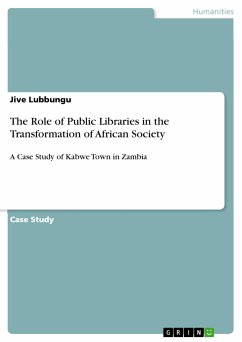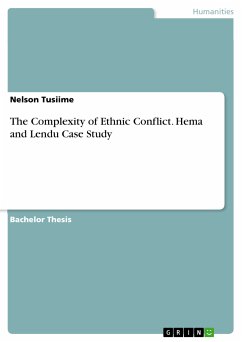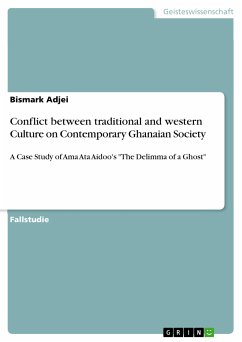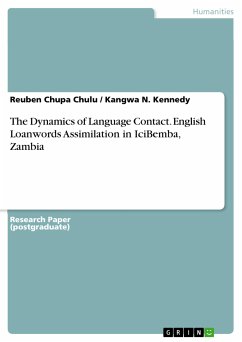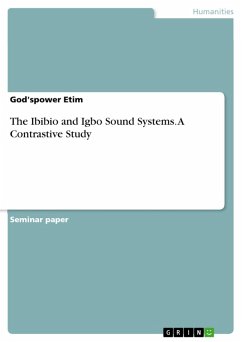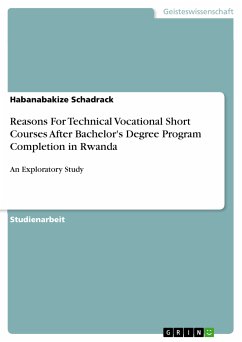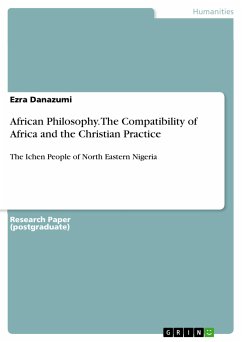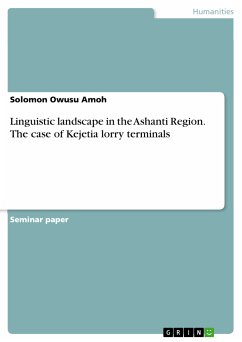Case Study from the year 2020 in the subject African Studies - Literature, grade: 1, Kwame Nkrumah University, language: English, abstract: The study examines the role of five public libraries in Kabwe whether they have lived up to their expected roles. The study is a case study using a qualitative paradigm, and data was collected through physical visitation to the libraries. Data collection instruments used were an observation guide and a semi-structured interview guide. 5 library staff were interviewed, one from each library, while 3 library users were interviewed from each library. Libraries are the purveyor of information, custodian of knowledge, and the house of learning and play a vital role in the development of any society by catering for information needs of thousands of people within a particular community. Reding (2005) adds that libraries in our societies are stewards of our heritage, organisers of the knowledge in the books they collect, they take the knowledge of the past and present and lay it down for the future. Libraries are considered to be agents of educational, social, economic and political changes or revolutions in the community and their doors are now open to all who need them. The present study examines the role of five public libraries in Kabwe whether they have lived up to their expected roles. The study revealed there was understaffing in the libraries coupled with demotivation. Presence of outdated books and lack of publicity on the existence of the libraries resulted in a low number of patrons to the libraries. Those who visited the libraries were either using their own materials or simply went to access newspapers to learn about current affairs. The study further revealed that there was an average of 15 people per day who accessed the library. Further, none of the interviewed library users visited the library for recreational reading but to prepare for exams or read the newspaper for current affairs. However, the library authorities were in the process of putting in place plans to encourage the communities to appreciate the existence of the libraries. Some plans underway included library commemoration activities in June 2019 whose theme is "Library =(is equal) to strong communities" and the introduction of a pre-school at Makululu compound Environmental Public Information Centre (EPIC) among others. In view of the above findings, the paper argues that the role of the libraries in transformation of communities in Kabwe still remains an illusion, as a lot needs to be done if the book has to leave a footprint in society. The study further argues that in the absence of the latest materials that also caters all fields, the community cannot be inspired to visit the library. Ultimately, produce a cadre of people who do not put premium in reading, thereby breed a society that is not critical. One of the major footprints of the book is that people become educated and learn how to conform to their behaviours. Perhaps this explains why most youths in Kabwe indulge themselves in alcohol abuse because libraries do not exist in their minds as recreational centres.
Dieser Download kann aus rechtlichen Gründen nur mit Rechnungsadresse in A, B, BG, CY, CZ, D, DK, EW, E, FIN, F, GR, HR, H, IRL, I, LT, L, LR, M, NL, PL, P, R, S, SLO, SK ausgeliefert werden.

